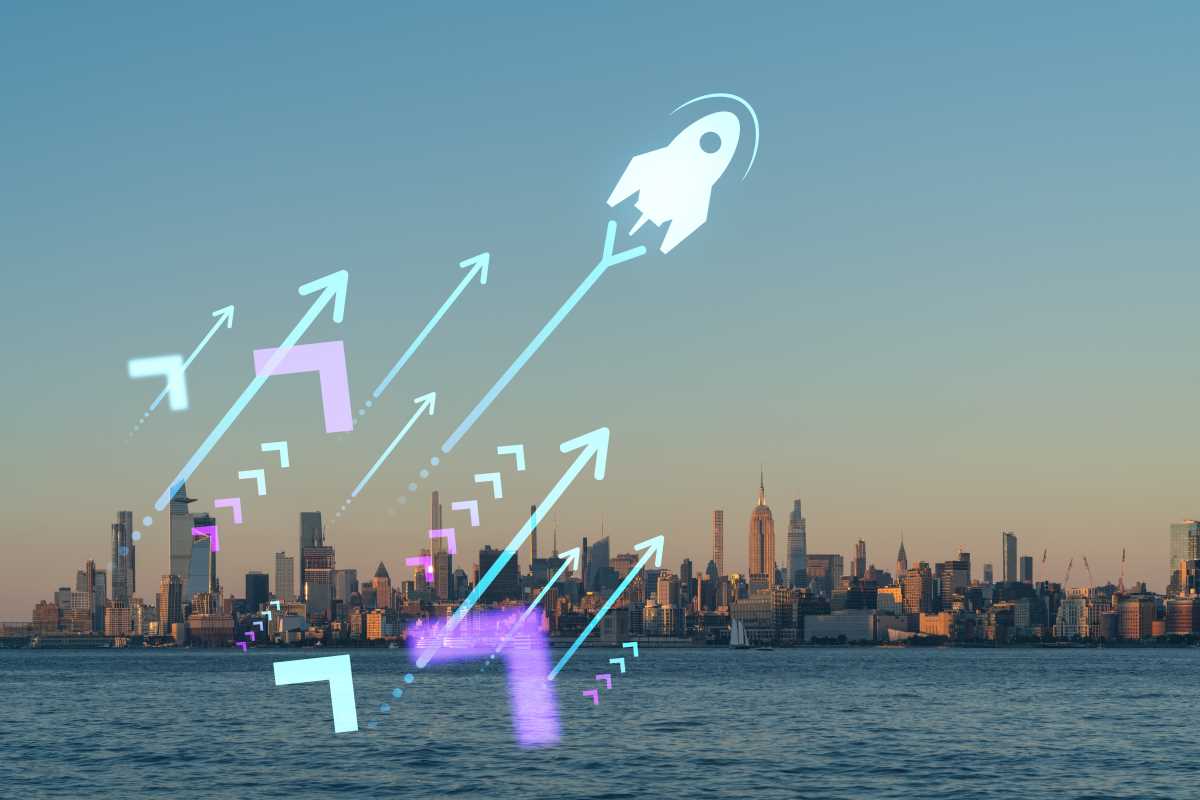Artificial Intelligence (AI) has made a monumental impact across various sectors, and the hospitality industry is no exception. From managing operations to improving guest interactions, AI is reshaping how hotels and other hospitality businesses serve their clients. It’s like adding a turbocharger to customer service, enabling hotels to deliver faster, smarter, and more personalized experiences. But how exactly is AI making waves in this industry? Let’s take a closer look.
Enhanced Customer Interactions: The Smart Concierge
Imagine being greeted by a friendly, highly knowledgeable assistant 24/7, ready to answer your questions about amenities, local attractions, or even suggest the perfect cocktail for your mood. AI-powered chatbots and virtual assistants have taken over the role of traditional concierge services, providing guests with instant answers and recommendations. These AI systems can handle a variety of tasks, from answering frequently asked questions to guiding guests through hotel services with ease.
Here’s the kicker: AI can also understand and adapt to guest preferences. If a guest asks about restaurants, the system might suggest a trendy vegan eatery, based on previous preferences, or recommend a family-friendly spot if children are traveling with the guest. AI creates a personalized experience without human intervention, and that level of responsiveness ensures happy guests who feel heard and valued, even in the busiest of seasons.
Streamlined Booking Process: Making Reservations a Breeze
Booking a hotel stay used to be a tedious back-and-forth process: phone calls, emails, and confirmations, all while trying to figure out the best deals. Enter AI. With its ability to analyze vast amounts of data, AI has made booking rooms, activities, and dining reservations smoother than ever. It’s like having a personal travel agent who knows exactly what you like and can predict your needs before you even ask.
AI helps guests find tailored packages based on previous bookings, travel history, and personal preferences. Not only does this speed up the booking process, but it also maximizes the guest’s experience by offering options they’ll actually enjoy. Imagine a system that suggests a room upgrade when a guest’s favorite suite is available or offers a special package for a romantic getaway based on previous solo travel bookings.
The Backbone of Hospitality
Behind every great customer experience, there’s a whole lot of invisible AI-driven efficiency happening behind the scenes. AI is a workhorse when it comes to streamlining hotel operations, from predictive maintenance to inventory management. These technologies allow hotels to reduce costs, improve resource allocation, and most importantly, enhance service quality.
For instance, predictive maintenance helps hotels avoid unexpected disruptions. AI systems can anticipate when equipment like elevators or HVAC systems are likely to need maintenance, reducing the risk of costly repairs or uncomfortable stays for guests. Similarly, AI can analyze historical data to predict peak occupancy times, enabling hotels to adjust staffing levels accordingly.
Here are a few ways AI is transforming hotel operations:
- Optimizing staff schedules based on real-time demand
- Predicting maintenance needs for hotel facilities
- Managing inventory and supplies more effectively
- Enhancing energy efficiency by adjusting lighting and temperature automatically
This type of behind-the-scenes AI magic keeps operations smooth and cost-effective, contributing directly to the guest experience.
Guarding Guest Trust
With the rise of AI comes a treasure trove of guest data. Hotels can now collect and analyze vast amounts of personal information, preferences, and behavior patterns to personalize guest experiences. But this also brings the responsibility of securing that data to avoid breaches that could damage trust.
AI can help ensure robust data protection by adhering to the latest cybersecurity standards, encrypting sensitive information, and detecting potential threats in real-time. At the same time, it helps hospitality businesses personalize guest interactions by utilizing insights gathered from past visits. This combination of security and personalization creates a sense of safety while also enhancing the overall experience.
For example, when booking a room, AI might offer promotions based on previous stays, such as a discount for a favorite spa treatment or a room upgrade. This level of personalization makes guests feel like VIPs and encourages repeat visits, all while maintaining strict data security standards.
Anticipating Needs Before They Arise
The beauty of AI lies not only in responding to guest requests but in anticipating them. By analyzing guest feedback, reviews, and preferences, AI can help hospitality businesses stay ahead of the curve and offer even better service. AI-driven analytics can identify patterns in customer feedback, allowing businesses to proactively address issues before they escalate.
Take sentiment analysis, for example. By scanning online reviews and social media posts, AI can quickly detect if guests are happy with their stay or if there’s a recurring issue that needs attention. It’s like having a crystal ball for customer sentiment, allowing hotels to adjust their services in real-time.
Here’s how AI helps improve service quality:
- Tracking guest sentiment through reviews and social media
- Proactively addressing complaints before they escalate
- Improving customer service standards by identifying common service gaps
- Tailoring services based on specific guest needs and feedback
By implementing AI-driven tools, hotels can ensure that service standards are constantly being improved, leading to better guest satisfaction and repeat business.
Goodbye, Long Lines!
Gone are the days of waiting in long check-in lines after a long flight. AI has made the check-in and check-out process more efficient and user-friendly than ever. Technologies like facial recognition, mobile apps, and self-service kiosks have allowed guests to bypass the traditional front desk experience altogether, reducing wait times and adding a layer of convenience.
For example, AI-powered systems can recognize guests via facial recognition and check them in instantly. No need to fill out forms or even talk to a staff member unless you want to! This smooth, contactless process is not only faster but also more hygienic, which became especially important in the wake of the COVID-19 pandemic.
Staying Competitive in a Crowded Market
AI isn’t just about improving guest experiences; it’s also a powerful tool for optimizing revenue. By using advanced algorithms, AI can analyze data like market trends, competitor pricing, and demand patterns to create dynamic pricing strategies. This means that hotels can adjust their room rates in real-time, ensuring they’re not leaving money on the table while also staying competitive in an increasingly crowded marketplace.
Here’s what makes AI-driven pricing strategies so effective:
- Adjusting prices in real-time based on supply and demand
- Tracking competitor rates to stay competitive
- Maximizing revenue by predicting peak seasons and busy times
- Offering personalized pricing to loyal customers or high-demand periods
With these capabilities, hotels can boost their revenue and occupancy rates, ensuring they remain profitable and competitive in a fast-paced market.
The Future of AI in Hospitality
The integration of AI in the hospitality sector is truly a game-changer. From elevating customer service to optimizing operations, AI is helping businesses deliver smarter, more personalized, and efficient experiences. But it doesn’t stop there — AI’s potential in hospitality is just beginning to be realized.
As AI continues to evolve, hotels will find even more innovative ways to utilize this technology, whether it’s through deeper personalization, more efficient operations, or enhancing overall guest satisfaction. The future of hospitality is definitely in the hands of AI, and for guests, that means more convenience, more tailored experiences, and a higher level of service.
By embracing AI technologies, hotels not only improve their operations but also build stronger relationships with guests, creating memorable stays that keep people coming back time and time again.
(Image via Adobe)







